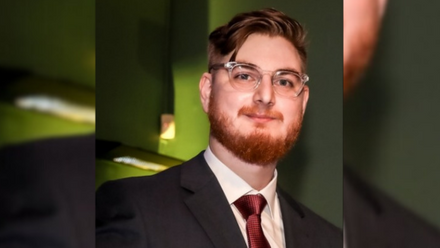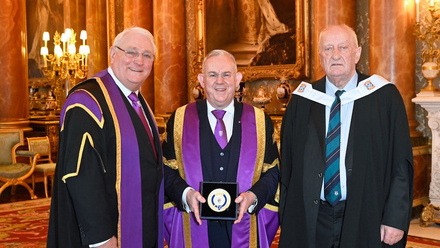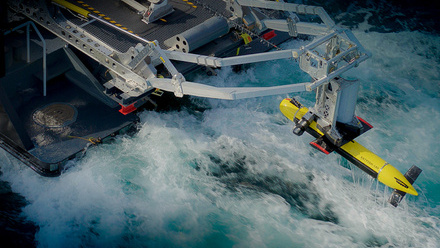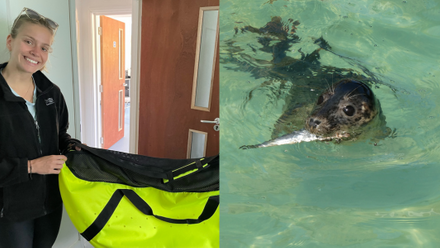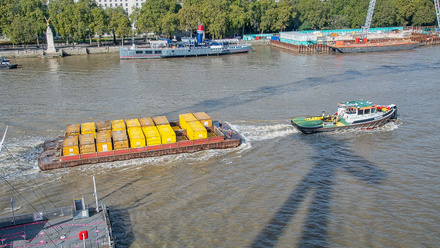Stanley Gray Fellowship awarded for Seakeeping Behaviour of an Underwater Vehicle
We are delighted to announce that Mathieu Courdier has been awarded the prestigious Stanley Gray Fellowship for his PhD research on Seakeeping Behaviour of an Underwater Vehicle.
Mathieu Courdier is a PhD candidate following a strong lineage of leading Underwater Vehicle (UV) hydrodynamics research, carried out at the Australian Maritime College. He holds an MSc in Engineering specialising in Naval Architecture from the ENSTA Bretagne in France; as well as an MBA from the University of Western Brittany. Previously he has worked for Naval Group where he was in charge of creating functional simulators of complex energy-propulsion systems for submarines or innovative ships. Before moving to Australia, he also worked as a Naval Architect for a major energy company, where he spent time aboard ships supporting stability and structural studies in operations.
Underwater Vehicles (UV) are required to travel on the surface for some time where they are subject to waves. It is crucial to understand the motion response of the UV to waves (seakeeping) as it defines its ability to carry out the mission: recovery of an automated UV by a mother-ship for example, or insurance that the accelerations and motions will remain within acceptable human limits in the case of manned submersibles. However, most of the seakeeping knowledge applicable to conventional surface ships is not relevant to UVs due to their particular hull forms, and previous studies have mainly focused on submerged conditions. Mathieu's thesis aims to develop a better understanding of a UV's seakeeping behaviour in order to provide guidelines to designers and operators on the resistance and seakeeping of a surfaced underwater vehicle in waves. To achieve this, he will investigate surfaced UV hulls in calm waters and in waves, providing clarification on their added resistance and motion response. The shape factors influencing them will then be considered. Computational fluid dynamic models able to replicate the free-surface conditions will be developed, relying on experimental validating data previously gathered. The outcomes of this research are expected to reach the defence, industrial and scientific fields, being beneficial to a large range of different underwater vehicles.
"My topic addresses the motion response of Underwater Vehicles to waves, which scales for all sizes ranging from small AUVs to manned submersibles. The research will have benefits across the maritime technology industries, the research and scientific domains and the naval sector. Major outcomes will be guidelines to designers and operators on the hull shape and appendages influence in the seakeeping behaviour of a surfaced UV. The support of the IMarEST and the Stanley Gray Fellowship is much appreciated and will help running some additional experiments to validate the numerical models. It is also a great recognition of the value and quality of the research project here at AMC!" Mathieu Courdier, winner of the Stanley Gray Fellowship

